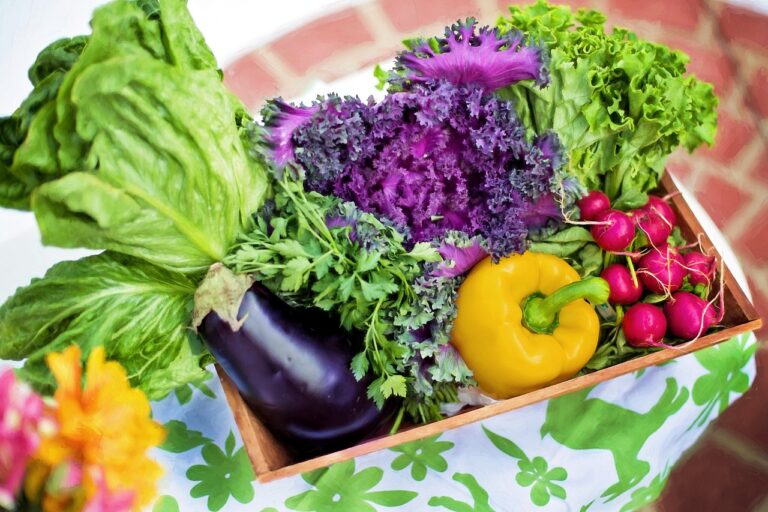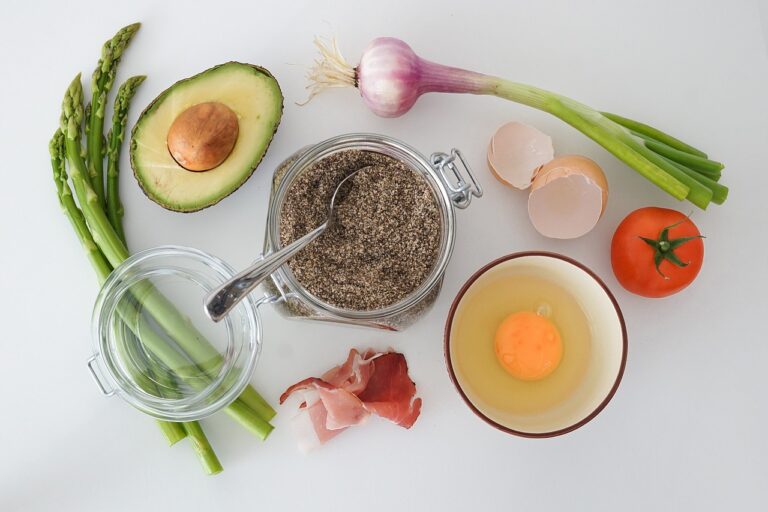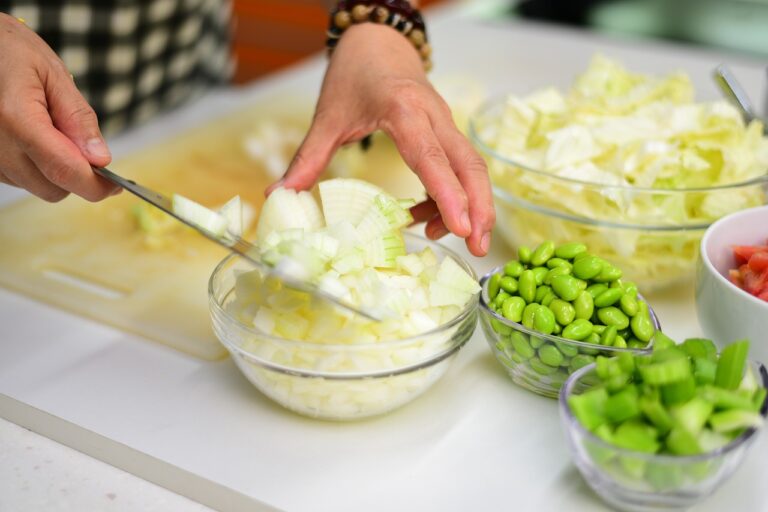Vegan Cooking: A Guide to Plant-Based Delights
Gone are the days when vegan cooking was synonymous with bland and uninspiring meals. Today, veganism has evolved into a vibrant culinary realm brimming with flavor, creativity, and nutritional richness. Whether you’re a seasoned vegan or just curious about exploring plant-based cuisine, this comprehensive guide will empower you to navigate the world of vegan cooking with ease.
Ingredients and Essentials
Plant-Based Proteins
- Tofu: A versatile soy-based ingredient that can be used in a myriad of dishes, from stir-fries to curries.
- Lentils: High in protein and fiber, lentils offer a budget-friendly meat substitute.
- Beans: Black beans, pinto beans, and chickpeas provide both protein and dietary fiber.
Fruits and Vegetables
- Fresh produce is the cornerstone of vegan cooking. Prioritize leafy greens, colorful fruits, and vegetables for optimal nutrition.
- Frozen fruits and vegetables: An excellent way to extend shelf life and reduce waste.
Whole Grains
- Brown rice: A nutrient-rich grain that adds fiber and nutty flavor to dishes.
- Quinoa: A protein-packed ancient grain with a slightly chewy texture.
- Oats: A versatile grain that can be used in both sweet and savory dishes.
Techniques and Tips
Cooking Methods
- Stir-frying: A quick and easy method that preserves the vibrant colors and nutrients of vegetables.
- Roasting: Brings out the natural sweetness of vegetables and enhances their flavor.
- Grilling: Adds a smoky and charred flavor to tofu, vegetables, and fruits.
Flavor Enhancers
- Herbs and spices: Essential for adding depth and complexity to dishes.
- Citrus: Brightens up flavors and adds a refreshing touch.
- Vinegar: Enhances acidity and balances sweetness.
Health Benefits of Vegan Cooking
- Reduced risk of heart disease: Plant-based diets are rich in fiber, antioxidants, and healthy fats, which can lower cholesterol levels and protect against heart disease.
- Improved blood sugar control: Fruits, vegetables, and whole grains regulate blood sugar levels and reduce the risk of type 2 diabetes.
- Weight management: Vegan diets typically contain fewer calories and processed foods, which can aid in weight loss or maintenance.
Meal Planning and Recipes
Meal Planning
- Variety: Include a diverse range of foods to ensure nutritional adequacy.
- Meal prep: Set aside time on weekends to prepare meals for the week ahead, saving time and stress during the week.
- Recipe exploration: Experiment with new recipes and cookbooks to keep mealtimes exciting.
Popular Vegan Recipes
- Vegan tacos: Filled with flavorful lentils, beans, or tofu, topped with fresh salsa and guacamole.
- Pasta with marinara sauce: A classic dish made with whole wheat pasta and a rich tomato-based sauce.
- Vegetable stir-fry: A quick and healthy meal made with a variety of vegetables, tofu, and flavorful sauce.
Conclusion
Embarking on a vegan culinary journey can be an enriching and transformative experience. By incorporating a variety of plant-based ingredients, mastering cooking techniques, and following simple meal planning strategies, you can unlock a world of delicious, nutritious, and compassionate dishes. Remember, vegan cooking is not about limitations but rather about embracing the vibrant world of plant-based flavors and creating meals that nourish both your body and soul.
























